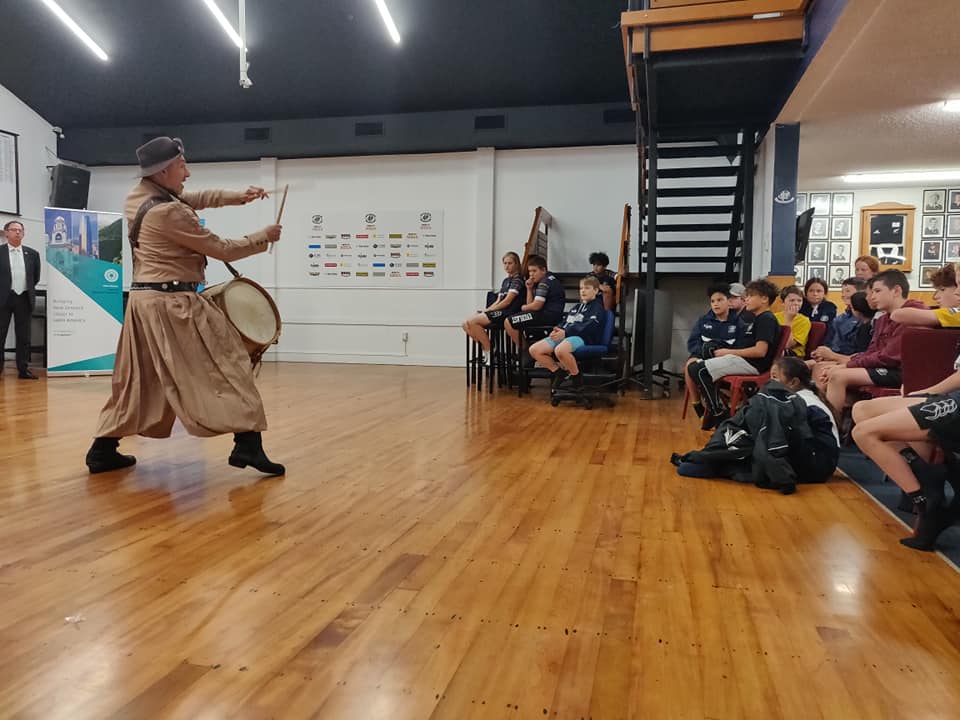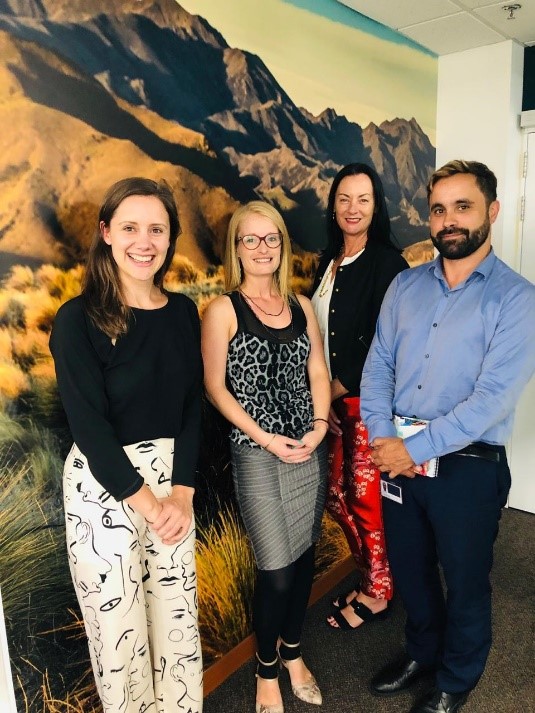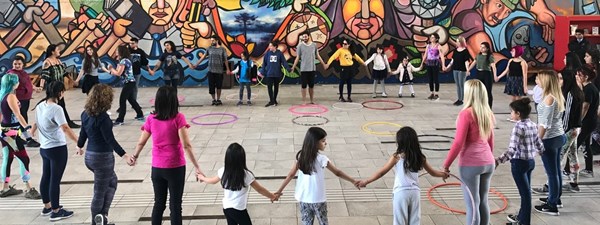Tōku reo, tōku ohooho (My language is my awakening)
Nō reira e hoa mā, mā te kōrero i te reo e ora ai. (It is by using language that it will live)
In 2016, the United Nations General Assembly declared that 2019 would be the International Year of Indigenous Languages. By adopting this resolution for 2019, the United Nations aims to raise awareness and coordinate global actions that promote the use and preservation of indigenous languages around the globe. According to the UN Permanent Forum on Indigenous Issues, around 40 percent of the world's 6,700 languages are in danger of disappearing. According to the IYIL, indigenous languages "foster and promote unique local cultures, customs and values which have endured for thousands of years. Indigenous languages add to the rich tapestry of global cultural diversity. Without them, the world would be a poorer place. The loss of these languages puts countless cultural and knowledge systems at risk of disappearing completely.
For the Latin America CAPE, part of our core mission is to promote the importance of language and culture learning in order to build New Zealanders' global capabilities. This includes promoting a number of languages across our regions - from Spanish and Portuguese to te reo Māori and Mapudungün from southern Chile and Argentina. Languages exchanges are a key part of all of our mobility programmes and other initiatives that introduce Kiwis to Latin America. All of our LatAmBiz programmes, which bring young Kiwi entrepreneurs to Latin American countries, include an introduction to the local languages. Other programmes have a more direct link to indigenous languages, such as our Agri-Business Women’s Delegation that traveled to Colombia and the Strengthening Maori Business Capability Te Hononga-ā-Kiwa (THK) programme. These provided not only an opportunity for people from First Nations backgrounds in New Zealand to experience Latin America firsthand, but also to engage with Latin American peers and indigenous peoples in specific business sectors. In these exchanges, te reo Māori was not only part of each welcoming, but members of these delegations also spoke about the centrality of Māori beliefs, practices, and ways of doing business with their Latin American counterparts, which included the use of te reo Māori and tikanga Māori.
The Latin America CAPE is continuing this for 2019, with two projects focusing on indigenous spaces. For a second year, the Latin America CAPE is hosting the Strengthening Māori Business Capability THK Programme in Chile. This programme focuses on doing business in Chile, including cultural tourism from indigenous business perspectives and experiences. The programme's business challenge will be conducted in conjunction with Chilean students from indigenous backgrounds.

We're also supporting the Indigenous Languages Revitalisation, Education and Development Summit in Brazil in early October 2019, which will showcase aspects of New Zealand's success in promoting and incorporating indigenous languages. The Summit will be designed and presented with relevant indigenous organisations from Brazil, and in collaboration with Brazilian and New Zealand university partners.


